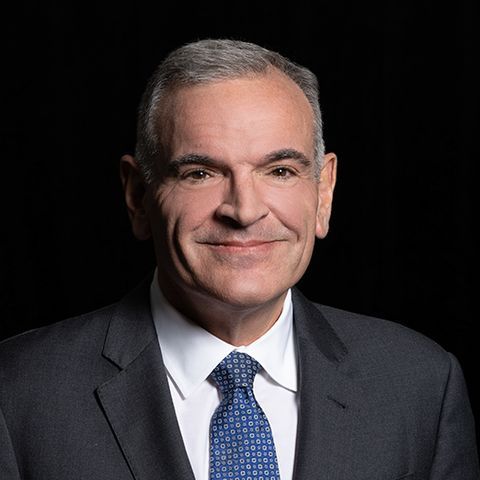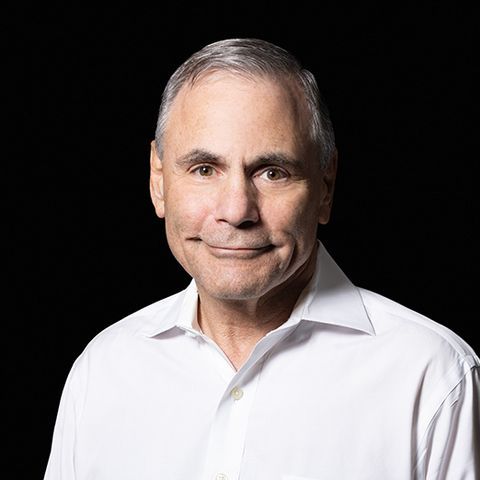Alerts
Federal Court Finds Private Equity Funds Liable for Pension Liabilities of Portfolio Company
April 8, 2016
In a much-anticipated decision addressing the reach of multiemployer pension plans in imposing withdrawal liability, a U.S. District Court ruled on March 28, 2016 that three private equity funds were engaged in a “trade or business” and their investment in a portfolio company was made through a “partnership-in-fact,” thereby subjecting the funds to withdrawal liability. The ruling in Sun Capital Partners III, LP v. New England Teamsters & Trucking Indus. Pension Fund by the U.S. District Court for the District of Massachusetts comes almost three years after the high-profile decision of the U.S. Court of Appeals for the First Circuit that one of the funds managed by Sun Capital Advisors (“Sun Capital”) was engaged in a “trade or business,” setting the stage for the district court’s recent decision.
First Circuit’s 2013 Decision
As described in a previous SRZ Alert , Sun Capital involves the 2007 investment in Scott Brass Inc. (“SBI”) by three private equity funds (“SCP Funds”) established and managed by Sun Capital. Sun Capital Partners IV, LP (“SCP IV Fund”) owned 70 percent of SBI and two “parallel funds” — Sun Capital Partners III, LP and Sun Capital Partners III QP, LP ( “SCP III Funds”) — owned the remaining 30 percent of SBI. In October 2008, SBI stopped contributing to the New England Teamsters and Trucking Industry Pension Fund, a multiemployer pension plan, which triggered withdrawal liability. The Teamsters Plan assessed withdrawal liability on SBI and the SCP Funds. The Teamsters Plan’s position was that the SCP Funds were members of SBI’s ERISA-controlled group. Under ERISA, to be liable as a member of a contributing employer’s controlled group, the entity must be: (1) a “trade or business”; and (2) under “common control” with the obligated entity through ownership of at least 80 percent.
On appeal, the First Circuit set forth an “investment plus” standard to evaluate whether a private equity fund was engaged in a “trade or business,” which includes analysis of the profit-making purpose, the involvement in portfolio company management and operations, governance control, and any direct economic benefit received by the fund. Based on “the sum of all of these factors,” the First Circuit held that the SCP IV Fund satisfied “the ‘plus’ in the ‘investment plus’ test.”The First Circuit remanded the case to the district court to determine whether the SCP III Funds also constituted trades or businesses and, if so, whether SBI was under the “common control” of the SCP Funds.
District Court Decision
Using the First Circuit’s “investment plus” test, the district court found that the SCP IV Fund and the SCP III Funds were trades or businesses based on the economic benefits they received from their management activities with respect to SBI. The SCP III Funds’ economic benefit was offsets from the management fees that each owed to Sun Capital by certain fees (such as management fees, directors’ fees, corporate services fees, investment banking fees and any net fees) that Sun Capital and its affiliates received from SBI. The SCP IV Fund argued that the First Circuit’s holding that the fund was a trade or business was based on an erroneous factual determination. The SCP IV Fund asserted there was no economic benefit because it never utilized any offset due to SBI’s bankruptcy and Sun Capital’s waiver of fees. The district court rejected the argument, holding the economic benefit was a potential offset that could be carried forward to reduce the fund’s future management fees.
As to “common control,” the district court determined that the three SCP Funds should be deemed to have formed a de facto partnership — a “partnership-in-fact” — in connection with their investment in Sun Scott Brass LLC (“TopCo LLC”), which, in turn, owned SBI. The district court rejected the SCP Funds’ argument that the choice of organizational form under state law should be determinative of treatment under federal law. In reaching its conclusion, the district court found that:
- An intent to form a partnership was evident from the SCP Funds’ decision to split SBI’s ownership to address the SCP Funds’ different investment life cycles, income diversification preferences and desire to avoid common control under ERISA. The decision showed a “coordination” and “joint action” that “stem from top-down decisions to allocate responsibilities jointly” and was not the action of “independent funds choosing, each for its own reasons, to invest at a certain level.”
- The SCP Funds engaged in a “period of joint investigation and action prior to the formation of an LLC” to identify potential investments.
- The SCP Funds are closely affiliated entities and “part of the larger ecosystem” of Sun Capital entities created and directed by general partners, each of which is controlled by the co-CEOs of Sun Capital.
- The SCP Funds were not passive investors in SBI that invested “by happenstance, or coincidence,” but the SCP Funds created the TopCo LLC to invest in SBI — a form of investment structure that the SCP Funds used to invest in five other companies between 2005 and 2008.
- There was no record of any actual independence of the SCP Funds with respect to their co-investments, such as co-investments with outside entities or evidence of disagreement between the SCP III Funds and SCP IV Fund over how to operate the TopCo LLC, as might be expected from independent members. “The smooth coordination is indicative of a partnership-in-fact sitting atop the [TopCo] LLC: a site of joining together and forming a community of interest.”
The district court also determined that the partnership-in-fact created by the SCP Funds was engaged in a trade or business. The SCP Funds already have appealed the district court’s decision.
Conclusion
The decision marks the first time that a court has held that private equity funds, each owning less than 80 percent of a portfolio company, were liable for the pension obligations of the portfolio company. As a result of the decision, we expect that multiemployer pension plans and the Pension Benefit Guaranty Corporation will become more aggressive in pursuing private equity funds for a portfolio company’s withdrawal liability. We also expect that private equity funds will undertake additional precautions in structuring and managing portfolio company investments to prevent being held liable for a portfolio company’s withdrawal liability.
Authored by Ian L. Levin, Ronald E. Richman, Holly H. Weiss and Scott A. Gold.
If you have any questions concerning this Alert, please contact your attorney at Schulte Roth & Zabel or one of the authors.
This information has been prepared by Schulte Roth & Zabel LLP and Schulte Roth & Zabel International LLP (‘SRZ’) for general informational purposes only. It does not constitute legal advice, and is presented without any representation or warranty as to its accuracy, completeness or timeliness. Transmission or receipt of this information does not create an attorney-client relationship with SRZ. Electronic mail or other communications with SRZ cannot be guaranteed to be confidential and will not (without SRZ agreement) create an attorney-client relationship with SRZ. Parties seeking advice should consult with legal counsel familiar with their particular circumstances. The contents of these materials may constitute attorney advertising under the regulations of various jurisdictions.





